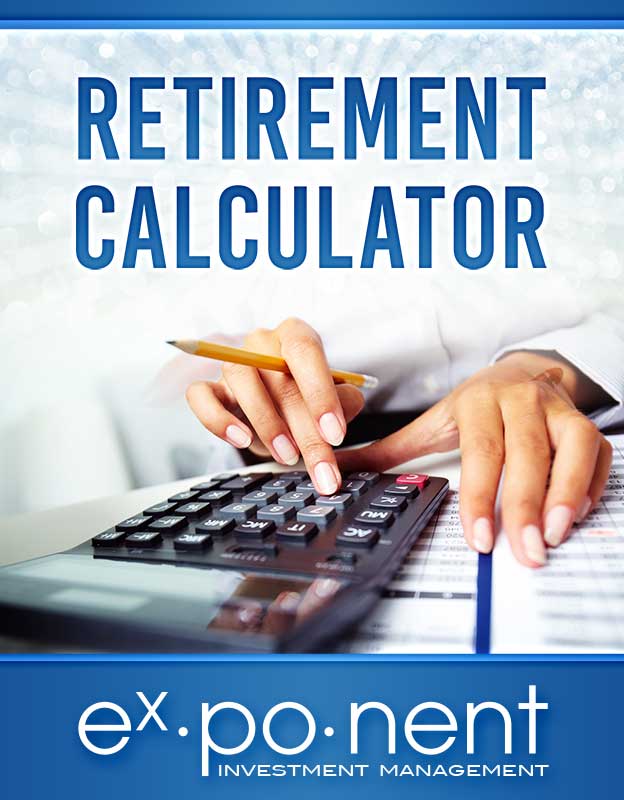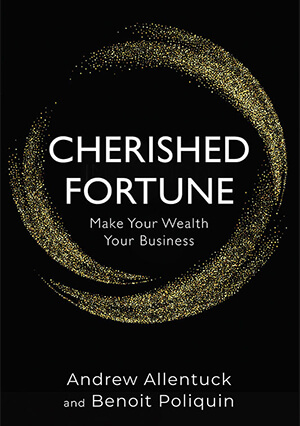A woman we’ll call Margaret, 60, works in Ontario in high-tech manufacturing. She earns $169,716 per year and takes home $9,713 per month after tax. She wants to retire no later than age 65 if she can attain sufficient income and financial security.
Margaret sold her three-bedroom condo last year and got $310,000 net as a way of downsizing. She currently rents. She would like to get back to ownership with an 800-square-foot condo that, she figures, will cost her $750,000. But that purchase would erode her savings. Can she have the condo and a secure retirement, she wonders?
Family Finance asked Eliott Einarson, a financial planner who heads the Winnipeg office of Ottawa-based Exponent Investment Management Inc., to work with Margaret. He notes that she sends money to kin abroad and wants to leave an estate for them.
Renting vs. owning
The problem of buying for the long run, say 25 years, during which time home prices are almost certain to rise vs. renting and investing cash that would otherwise go to a down payment and carrying costs is not a fair balance. Canadian tax law allows profits from the sale of a principal residence to be kept without tax. The money that might not go to a down payment and carrying costs would have to match those tax-free gains. We can’t predict property markets or government tax policy, but the odds favour ownership, Einarson says.
Margaret currently spends $2,400 per month on rent, including taxes and utilities. If she buys a condo, the rent she pays could go toward mortgage payments instead. She also budgets $750 per month for gifts to relatives, $1,080 for RRSP contributions, $500 for her TFSA and $1,000 for other investments.
Margaret’s goal is to have $7,000 per month after tax in retirement.
Present investment assets
Margaret has significant investments: $805,400 in her RRSP, $110,000 in her TFSAs and $48,000 in non-registered investments. She has a $325,000 reserve from the sale of her last condo and a $45,000 car. All that adds up to a net worth of $1,333,400.
Margaret will have $26,400 from a defined-benefit pension at 65, $11,232 from the Canada Pension Plan, and $5,800 from OAS based on 30 years residence in Canada after age 18.
With $12,960 annual additions, her RRSP growing at three per cent after inflation will total $1,004,550 in five years at her age 65 in 2022 dollars and then be capable of generating $49,760 per year for the following 30 years to her age 95 with all capital and income paid out.
Her non-registered investments of $48,000, with annual additions of $12,000 for five years and three per cent growth after inflation will rise to $121,266 in 2022 dollars and then generate $6,000 per year for the following 30 years to her age 95.
Adding up these income streams, at 65 she would have $99,192 pre-tax income. The OAS clawback will take 15 per cent of $20,138 income over the trigger point of $79,054. That would add $3,020 to her tax. Her regular income tax at 20 per cent will leave her with $76,300 per year.
She could use her TFSA to supplement that income.
The current $110,000 balance growing with $6,000 annual additions for five years at three per cent per year after inflation to $160,330 could produce $7,942 per year. That would push total monthly retirement income to $84,240 per year, or $7,020 per month.
Margaret wants to buy a $750,000 condo with a $400,000 down payment. She figures she can get a 25-year amortization at four per cent with monthly payments of $1,670. Over 12 months, the mortgage would cost her $20,040 plus potential assessments. That $1,670 is not much for rent in principal cities and towns in Ontario. Her interest rate is likely to rise, but the cost is a ballpark figure.
Yet ownership would be affordable. $20,040 would be 24 per cent of her estimated after-tax retirement income including TFSA cash flow. If she buys a condo, she will build home equity. If she does not buy a condo and continues to rent, to keep her costs fixed until her rent increases, she can use her $373,000 cash and non-registered funds to invest for income supplements. That would mean she could keep her TFSA intact for her estate.
There is an additional source of cash — Margaret has a life insurance policy with cash surrender value of $30,000 and a death benefit of $169,000. She could cash out and spend the $30,000 on a home of her own, but given her concerns for her family abroad, retaining rather than cashing out the policy seems the wiser course.
Alternatives
A final alternative would be to work to 70, defer home purchase, gain 36 per cent in OAS payouts less increased clawback sums, add as much as 42 per cent to CPP payouts and gain perhaps 30 per cent on the sums and yields of RRSP/RRIF, taxable assets and TFSAs. Yet in that five-year period housing prices might rise further. The bottom line is that a low six-figure income doesn’t buy a grand retirement anymore. But home ownership and the capital gains that usually go with it serve the purpose of having shelter now and an estate for family.
We have to caution that home ownership and renting is more than a current cost question. House owners have repair bills, condo owners have assessments. Owners can avoid some costs by doing their own maintenance and cover flood or hail risks with insurance. In other words, ownership gives more control over fate than renting. But renting does free up capital for other uses. In this case, Margaret has a solid portfolio. She needs shelter more than returns on financial assets.
She could move to a small town with lower house prices and avoid the madness of major metropolitan Ontario property markets. She would have more money for travel and gifts for family.
Retirement stars: four *** out of five






